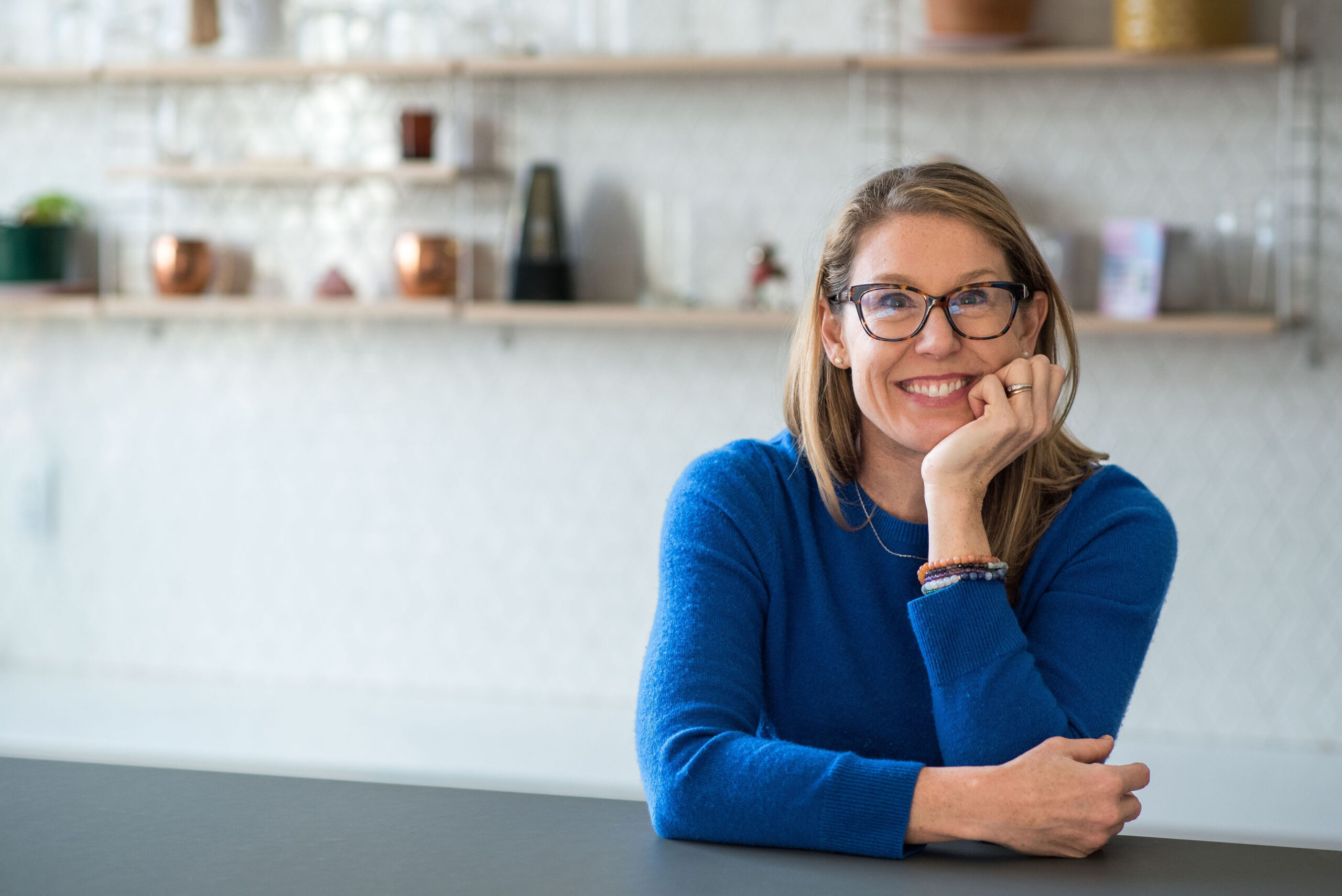
Episode 162
Casey’s Bio: Casey Ehrlich, Ph.D. is a social scientist, parent coach and educator, and the CEO and founder of At Peace Parents, LLC. Casey brings 15 years of work experience and expertise in social science methodology to help parents and therapists understand how to connect with and accommodate PDA Autistic children. She is currently working on empirical research with the University of Michigan Medical School on Pathological Demand Avoidance in children and teens. She helps parents radically accept the constraints of raising a child with a nervous system disability so they can find peace on their parenting journey.
In this episode, Casey and I talk about:
- What PDA (Pathological Demand Avoidance) is
- PDA awareness
- PDA caregiver strategies
- Traumatic birth and PDA
- Symptoms & Sign of PDA
- How a diagnosis of PDA happens
- PDA 101
- PDA isn’t new, our awareness is deepening
- PDA identifying adults
- First introduced on the autism spectrum in the 1980s by Elizabeth Newson
- And anxiety driven need for control
- A survival drive for autonomy and equality that consistently overrides other survival instincts like toileting, hygiene, eating, safety, etc.
- It’s subconscious and physiological
- Nervous system disability
- Trauma healing and nervous system regulation
- PDA can also be seen as Protective (or Pervasive) Drive for Autonomy
- 5 things to look for in a PDA diagnosis
- Pushing with traditional parenting techniques can backfire
- PDA and violence
- PDA and defiance
- Masking
- The constant need for one on one attention
- Needing constant signals of safety from another nervous system
- The frequency of PDA in children
- ODD and PDA being confused
- Autism as a neurotype rather than a disorder
- Author Mona Delahooke
- Having a curiosity mindset
- The cause of PDA
- Anecdotal evidence that PDA is genetic
- ASD with descriptors
- ASD as a gateway to services and insurance
- Being an advocate for your child
- PDA protocols
- Ways we can help families with PDA children
- The outside looking in people
- Equalizing behavior
- Expanding resilience
- The desire to be seen and known for who we are
- Not judging PDA families
- “I believe you, you’re competent, I trust that you’re going to work it out”
- Fear and worry with PDA parents (and parents in general)
- Helping PDA kids get back to their thinking brain
- Casey’s Free Clarity Masterclass
Casey’s Links:
Website: www.atpeaceparents.com
Instagram: @atpeaceparents
Elevating Motherhood Links:
www.instagram.com/loribethauldridge
Please Visit Today’s Sponsors:
